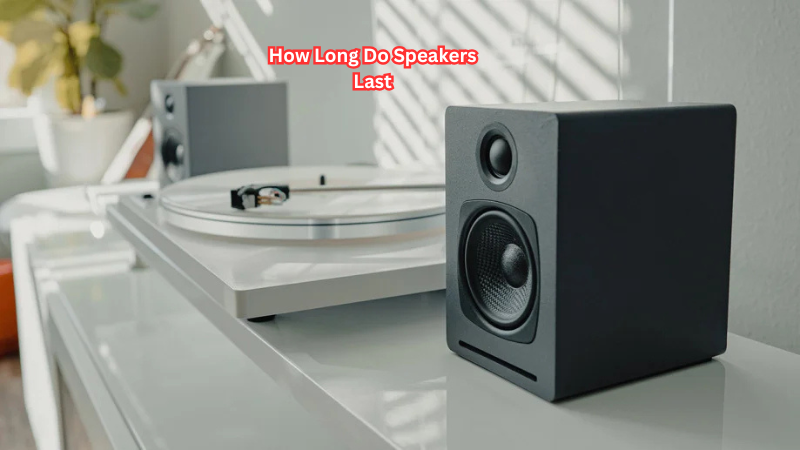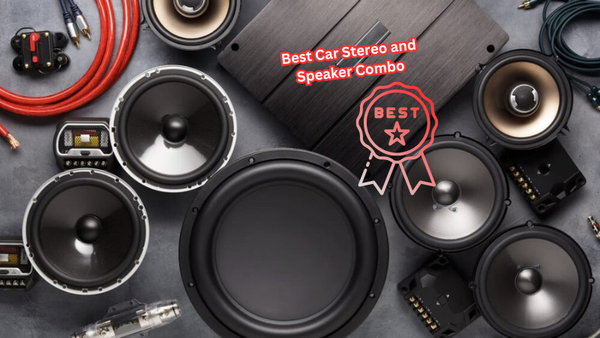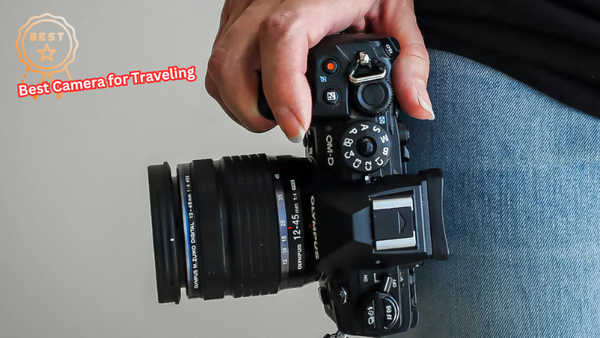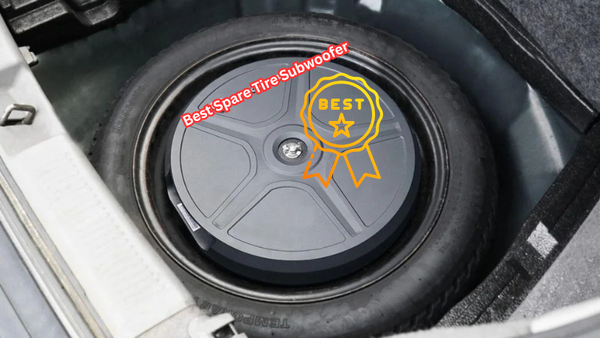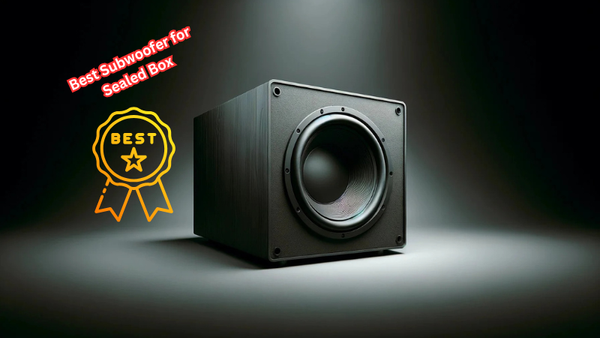Speakers are an integral part of our daily audio experiences, from home entertainment systems to portable Bluetooth devices. Understanding how long speakers last is crucial for maximizing their use and ensuring the best audio quality over time.
Various factors influence speaker longevity, including the quality of materials and construction, frequency of use, volume levels, and environmental conditions such as temperature and humidity.
This article aims to educate readers on key aspects of speaker lifespan, offering insights into different types of speakers and providing practical maintenance tips to extend their durability.
Dive in to discover how to keep your speakers performing at their best for years to come.
Importance of Speakers in Our Lives
Speakers are crucial for delivering high-quality audio, whether it's for entertainment, communication, or information purposes.
From listening to music and watching movies at home to attending conferences and concerts, we rely on speakers to provide clear and accurate sound reproduction. Speakers also play a vital role in public safety announcements and emergency alerts, making them essential for our well-being.
Moreover, with the increasing popularity of smart home devices and virtual assistants like Amazon Echo and Google Home, speakers have become an integral part of our daily lives. They allow us to interact with technology through voice commands, making tasks more convenient and hands-free.
Types of Speakers and Their Lifespan
Different types of speakers have varying lifespans due to their design and usage. Here are some common types of speakers and how long you can expect them to last:
1. Bookshelf Speakers
Bookshelf speakers typically have a lifespan of 10-20 years, depending on the brand, quality, and frequency of use. They are designed for smaller spaces and may not handle high volumes as well as floor-standing speakers.
2. Floor-Standing Speakers
Floor-standing speakers are generally more durable than bookshelf ones, with an average lifespan of 15-25 years. This is because they are larger and can handle higher volumes and more bass without strain.
3. Portable Speakers
Portable speakers, such as Bluetooth or wireless ones, have an estimated lifespan of 3-5 years. They are designed for portability and may not have the same durability as home audio speakers due to their smaller size and construction materials.
These estimates are based on general usage and may vary depending on the specific brand, model, and care given to the speakers.
How Long Do Speakers Last?
Several factors impact the lifespan of speakers. Let's take a closer look at each one:
1. Quality of Materials and Construction
The quality of materials used in speaker production plays a significant role in its durability.
High-quality speakers often feature sturdy construction with durable components such as rubber surrounds, silk or polypropylene dome tweeters, and heavy-duty magnets. These materials can withstand wear and tear over time, resulting in longer-lasting speakers.
On the other hand, low-quality materials or poor construction can lead to early failures and shorter lifespans for speakers. For instance, foam surrounds tend to deteriorate faster than rubber ones and can cause sound distortion or even speaker failure.
2. Frequency of Use
Like most electronic devices, speakers have a limited lifespan that is based on the number of hours they are used. Generally, manufacturers provide an estimated usage time, usually in thousands of hours, to give consumers an idea of how long their speakers will last.
However, it's essential to note that this estimate can vary depending on the volume levels and the type of content played through the speakers. For instance, playing music at high volumes for extended periods can put more strain on speakers compared to using them for background noise at lower volumes.
3. Volume Levels
As mentioned above, volume levels can impact speaker longevity. Playing audio at high or maximum volume levels can cause the speaker's components to work harder, leading to potential damage over time. This is especially true for smaller speakers that may not be able to handle loud volumes as well as larger ones.
Therefore, it's essential to balance volume levels and avoid pushing your speakers too hard if you want them to last longer.
4. Environmental Conditions
The environment in which speakers are used also affects their lifespan. High temperatures and humidity levels can cause moisture buildup, resulting in damage to internal components such as circuit boards and drivers.
Moreover, exposure to direct sunlight or extreme cold can also impact speaker performance and durability. It's best to keep speakers in a cool, dry place to prevent potential damage from environmental conditions.
These are just some of the factors that influence a speaker's lifespan. By understanding them and taking proper care of your speakers, you can extend their longevity and enjoy high-quality audio for years to come.
What Other Causes Speakers To Deteriorate?
Apart from the factors mentioned above, there are a few other reasons that can contribute to speaker deterioration over time. These include:
- Dust and debris buildup: Over time, dust and debris can accumulate on speaker components, affecting their performance. It's essential to regularly clean your speakers with a soft cloth or brush to prevent this.
- Aging of components: Like all electronic devices, speakers' internal components can wear out over time due to natural aging. This process may be accelerated by frequent use or exposure to environmental conditions.
- Physical damage: Accidents happen, and speakers are not immune to physical damage. Drops, spills, or mishandling can cause permanent damage that affects audio quality and overall lifespan.
How to Maintain Speakers for Longevity
Proper care and maintenance are crucial for extending the lifespan of your speakers. Here are some tips to help you keep them in top condition:
Regular cleaning:
Dust and debris buildup can affect speaker performance. It's essential to regularly clean your speakers with a soft cloth or brush to remove any dirt or grime that may have accumulated on them.
Avoid extreme temperatures:
Keep your speakers in a cool, dry place to prevent potential damage from high temperatures or humidity levels. Avoid exposing them to direct sunlight or extreme cold.
Proper handling:
Be gentle when moving or handling your speakers to avoid accidental drops or impacts that can cause physical damage.
Mindful usage:
As mentioned earlier, volume levels and frequency of use can impact speaker lifespan. Be mindful of how you use your speakers and try not to push them beyond their recommended limits.
By following these tips, you can help maintain your speakers' longevity and ensure high-quality audio for years to come. Remember that while speakers do have a limited lifespan, proper care and usage can significantly extend it.
How Much Does it Cost to Replace Car Speakers?
The cost of replacing car speakers can vary depending on several factors, including the brand and model of the speaker, installation fees, and any additional parts or accessories needed.
On average, basic car speaker replacements can cost anywhere from $50 to $250 per pair. High-end speakers with premium features or larger sizes can cost up to $500 or more per pair.
Installation fees can also add a significant amount to the overall cost, ranging from $50 to $150 per hour. Factors that may affect installation costs include the complexity of the installation process and whether you choose professional or DIY installation.
Additional parts or accessories like wiring harnesses or adapters may also be necessary for proper speaker replacement and can add another $20 to $100 to the total cost.
In addition to these costs, keep in mind that different vehicles may have specific requirements for speaker replacements, which can also impact overall costs.
FAQs
Can speakers last 20 years?
While there is no set lifespan for speakers, it's unlikely that they will last 20 years without some wear and tear. However, with proper care and maintenance, you can extend their longevity.
Can I replace car speakers myself?
Replacing car speakers can be a complex process, especially if your vehicle has special requirements or you are unfamiliar with electronics and wiring. It's recommended to seek professional help for the best results.
Why do my speakers sound distorted at high volumes?
Playing audio at high volumes can put more strain on speaker components, causing them to work harder and potentially leading to distortion. It's best to balance volume levels for optimum speaker performance and longevity.
Are wireless speakers less durable than wired ones?
Wireless and wired speakers both have their own unique advantages and disadvantages, but durability is not necessarily one of them. Both types of speakers can last a long time with proper care and usage. However, wireless speakers may be more prone to interference or connectivity issues if they are not well-maintained or used in areas with strong Wi-Fi signals.
Conclusion
In summary, the lifespan of speakers depends on several factors, including material quality, usage habits, and environmental conditions. Home speakers, car audio systems, and portable devices each have different lifespans, but all benefit from careful maintenance. Regular cleaning, proper storage, and mindful usage can significantly extend the life of your speakers, ensuring consistent sound quality.
By understanding the signs of wear and implementing routine checks, you can prevent premature deterioration. Investing in quality speakers is a worthwhile decision, offering long-term benefits through superior audio performance. Embrace these tips to maintain your speakers and enjoy a rich auditory experience for years to come.
